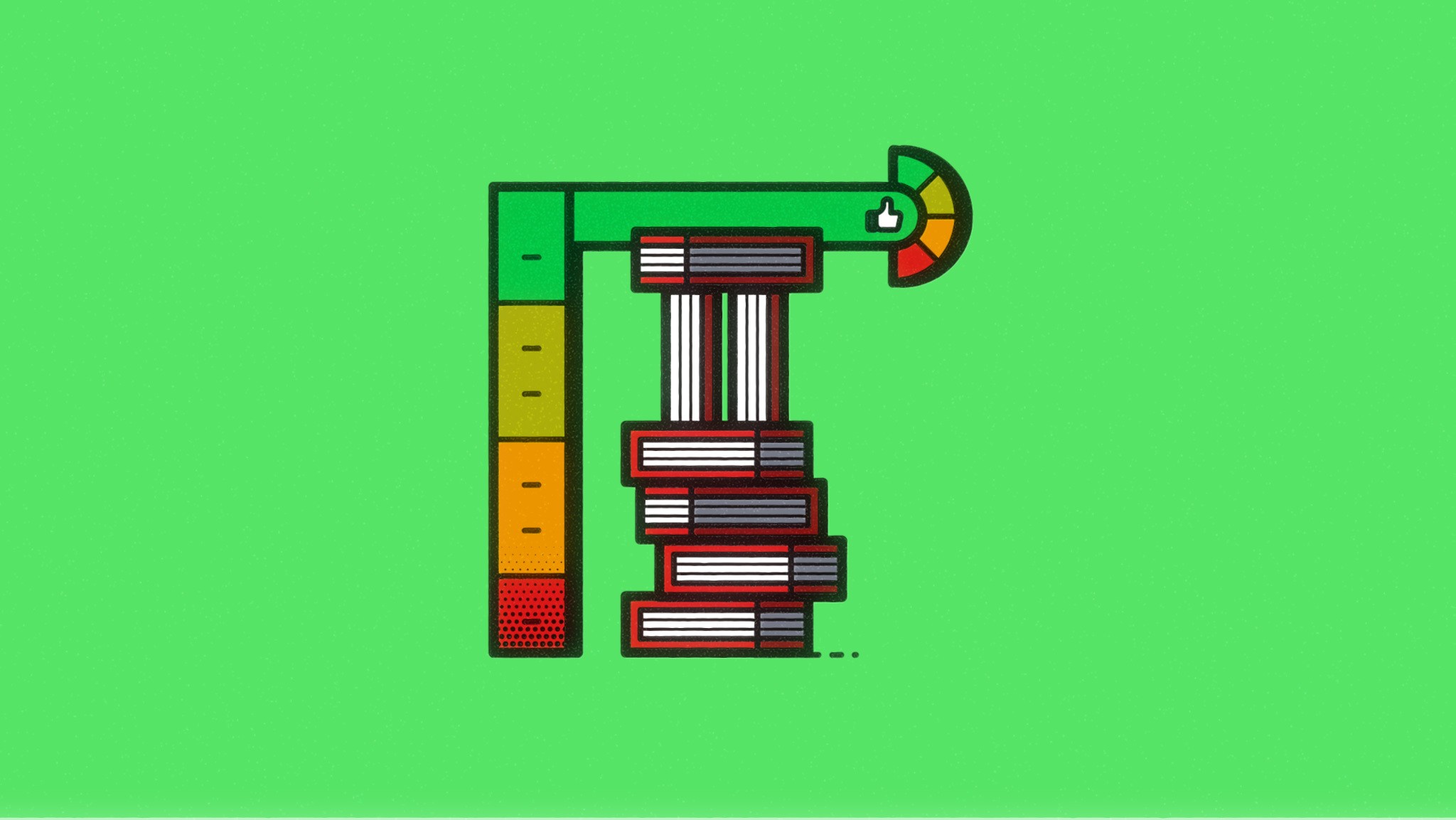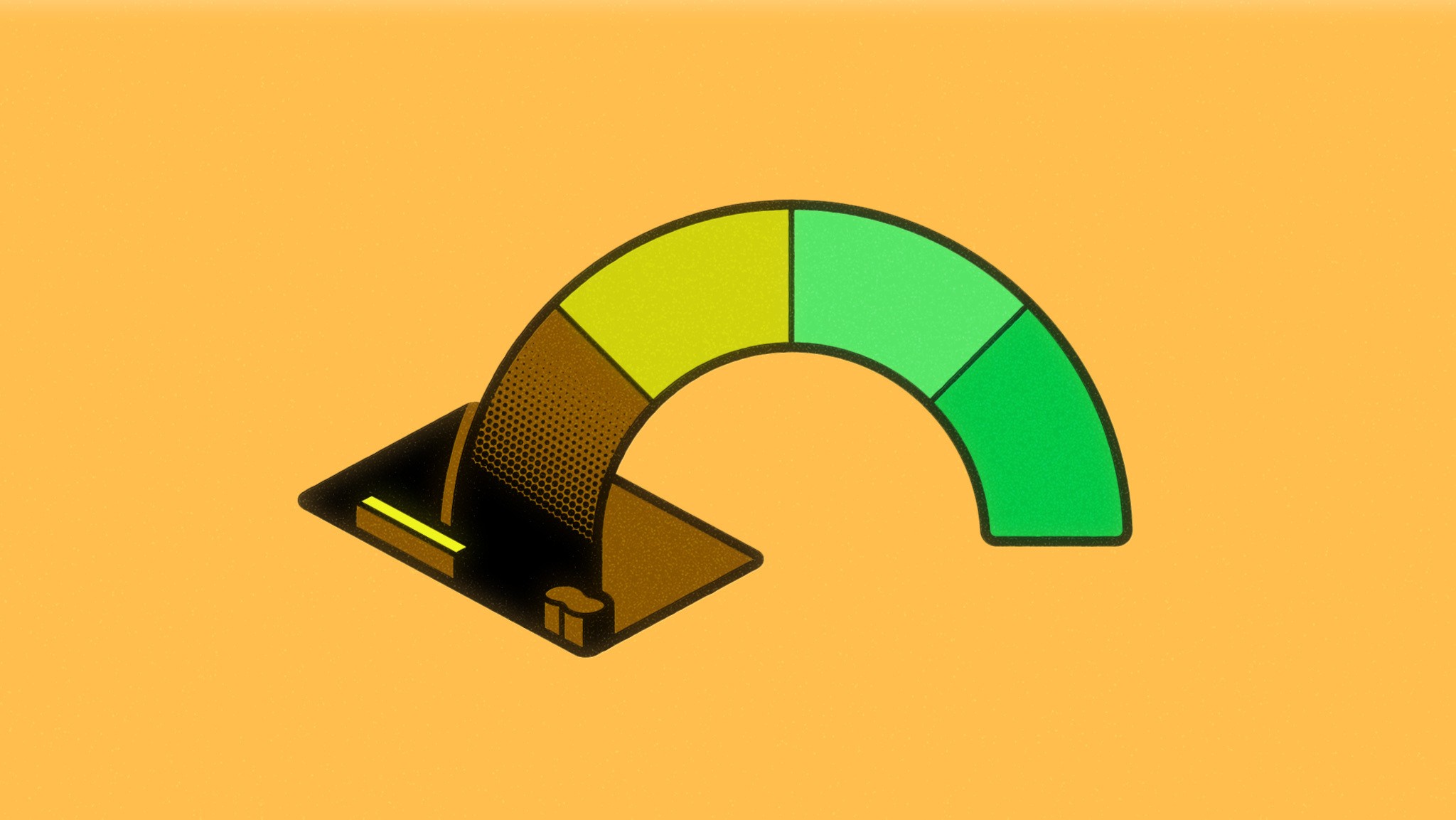The Basics
There are a few ways to build a credit score - credit cards and other loans, to name a couple. Any time you borrow money, lenders keep track of how good you are at paying it back. Every month, the lender sends your payment information to the credit bureaus - and these credit bureaus give you a score.
Now, there are lots of factors that go into this score. But one is the most important: how often do you pay back what you borrowed? If you make your payments in full and on time every month, your score is likely to increase. If you don’t, your score can suffer. A few months of payments has a small effect on your score, and several months of payments has a bigger effect on your score. While there are other things that can move the needle a little bit, it’s a pretty straightforward idea: on time payments made again and again and again add up to give you a great reputation - and with that reputation typically comes a solid credit score. Not to mention the fact that it keeps you out of debt and can put great rewards in your pocket.
Before we go further, I think it’s necessary to clarify that it really is that simple. You don’t need to have gone to an Ivy League school, or work in finance, or have a trust fund to understand the concept. While there are a few other factors that go into your credit score (and we’ll get into those, I promise), you really just need to be good at paying back what you borrow. It works just like it would with your reputation among friends.
The Technical Stuff
I get it, this is the least appetizing part of this information-rich article, but you deserve to know. I won’t hold it against you if your eyes glaze over.
What are the credit score ranges?
Credit scores range from 300 to 850. 300 is the worst, 850 is the best. There’s some debate as to where the cutoff is for, say, a great credit score, but 300 to 600 is generally considered quite poor, 600 to 650 is considered ok, 650 to 720 is considered good, and 720 to 850 is considered excellent.
What factors determine your credit score?
It’s not an exact science, but there are a few main factors that determine your score. I’ll go through them from most impactful to least impactful.
Payment history: this one is simple - if you pay your bills on time, you’re in great shape. If you miss payments, your score will be very negatively affected. It’s important to remember, this and credit utilization are far and away the two most important factors when it comes to your credit score - and it’s not even close.
Credit utilization: how much of your available credit are you using? This mainly applies to revolving lines of credit like credit cards. If you use most of your limit, your credit utilization will be high and your score can drop. If you carry a balance on your cards (i.e. if you don’t pay your bill in full and just pay the minimum payments), you’re also more likely to have a higher utilization, so keep that in mind too. This factor is easy to change on a month to month basis though, so don’t worry too much.
Length of credit history: how long have you had your credit lines open for? If you’ve had a Fizz card for 2 months, that’s not very long and you won’t get a big boost to your score. Don’t worry though - every month that passes is a step in the right direction.
Credit types: what kinds of credit do you have? If you only have credit cards, you could be leaving credit score points on the table. Don’t bend over backwards to find new lines of credit though, this doesn’t have a huge effect on your score and you can still easily attain an excellent score without different lines of credit.
Recent applications: when you apply for new credit - loans, credit cards included - you get a hard pull on your credit report. Too many of these can hurt your score, but not by too much. Plus, they go away after a couple of years.
Finally, who determines your credit score?
Not that it’s a huge deal, but you should know. There are three major credit bureaus in the US: TransUnion, Equifax, and Experian. They each have their own secret ways of calculating your score, but the three scores are usually similar. Together, they inform what’s known as your FICO score, which is what a potential lender sees (along with your full credit profile) when you apply for a new credit card or other loan.
By the way - Fizz doesn’t run a credit check at all, so no matter who you are, you can breathe easy. We can help you build your score so that you’re in good shape when future lenders want to take a look. Plus, it's easy to sign up to get your hands on one.
Why Should I Care?
If you’re like most people, your reputation is important to you. A credit score is exactly that: a reputation. What’s more, if you’re still like most people, you’re going to want to borrow money at some point in your life. Maybe you want to buy a car but don’t want to pay for it all up front. Maybe you want to buy a house and pay for it with a mortgage loan. Maybe you want to rent an apartment. All of these are very real and very common scenarios.
In each case, your credit score serves as an official grade, telling people and banks how reliable you’re likely to be if you borrow their money. A lower score signals that you might not pay them back, and therefore they should be cautious about lending you money. A higher score shows that you have a track record of being responsible with money and that they shouldn’t have much to worry about.
Whether you like it or not, whether you think it’s a fair system or not, it’s the way that the world figures out who gets loans and who doesn’t. It can even have wider reaching implications, if, say, you want to work for a company that wants to see your credit score as a way of gauging your responsibility. Your credit score can also determine how high of an interest rate you pay on a loan that you do get. So if you have a lower score and get approved for a mortgage, you’ll likely end up having to pay more money than you would if you had a higher score. Even a small difference in interest rates can end up costing you thousands of dollars over the course of paying back a loan.
All that is to say, your credit score is important. You should be thinking about your score and thinking about how you can keep it high, and you should be thinking about these things while you’re in college so that you’re well prepared for the real world.
And this, my friends, is where Fizz comes in.
*This communication is for informational purposes only and should not be considered financial advice.*

Sam Lipscomb
Author bio
Sam is a Kenyon College alum and is head of content at Fizz. He's been a go to personal finance resource among his peers since getting his first credit card during his sophomore year of college. He hails from Washington, DC, loves all things aviation, and currently lives in Los Angeles.






